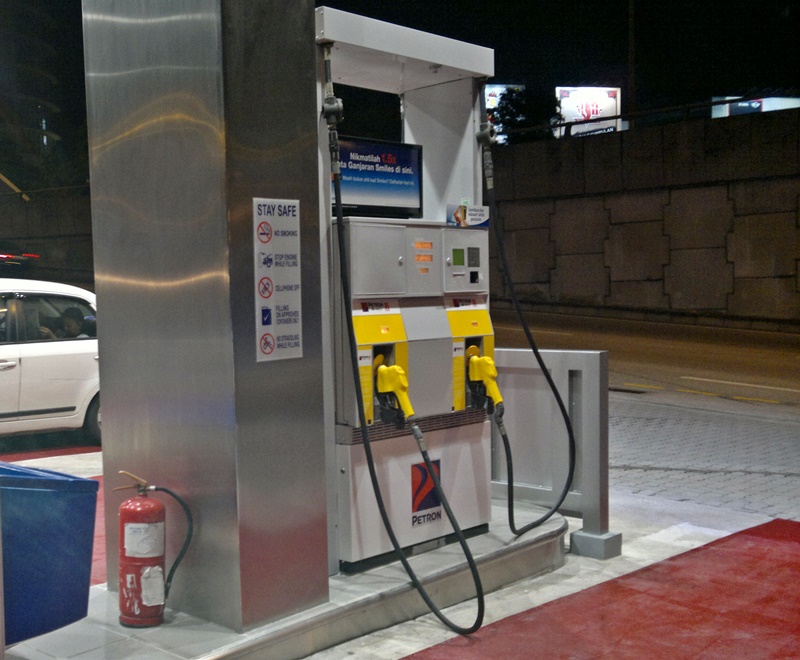A total of 3,500 petrol stations across Peninsular Malaysia have reported collective losses amounting to RM181 million following the government’s decision to float the price of diesel in June this year. The financial strain has prompted a call for urgent reforms in the pricing mechanisms governing the fuel industry.
According to The Star, Datin Hanny Julia Haron, honorary secretary of the Bumiputera Petrol Station Operators Association of Malaysia (Bumipeda), described the diesel subsidy rationalisation as a severe economic challenge for station operators. Speaking at the Bumipeda Southern Region Conference held in Kampung Orang Asli Teluk Jawa on Wednesday, she highlighted the widespread impact of the policy change.
“About 98% of petrol stations are experiencing losses from petrol and diesel sales. This has forced many operators to shift their focus to convenience store operations in an effort to offset declining fuel revenues,” Hanny Julia said.
She warned that if the situation persists, the long-term repercussions could be dire. “The current trajectory could lead to higher unemployment rates and reduced government revenues from taxes and levies. Additionally, closures or scaled-back operations could disrupt local economies, affecting ancillary businesses such as vehicle workshops and retail shops,” she added.
One of the key issues raised was the need to review the Automatic Pricing Mechanism (APM), which has remained unchanged since its implementation in 1983. Hanny Julia argued that the APM should be updated to align with the national annual budget, taking into account the current economic climate and its challenges.
“The cost structure under the APM is heavily influenced by the US dollar, which significantly affects margins for both petrol station operators and oil companies. This outdated mechanism does not reflect today’s economic realities,” she said.
Hanny Julia also pointed to the instability caused by dual pricing systems within the same storage tanks. Operators, she explained, are compelled to purchase fuel at high prices while being required to sell it at lower rates, leading to confusion and further losses.
The government’s decision to float diesel prices came into effect on June 10, setting the retail price at RM3.35 per litre in the peninsula. While the move aims to rationalise subsidies and ensure price transparency, it has introduced challenges for petrol station operators, who are struggling to adapt to the new pricing model.
Bumipeda is urging policymakers to address these issues to prevent further strain on the industry and the broader economy. Without intervention, the financial viability of petrol stations across the peninsula remains uncertain.





















